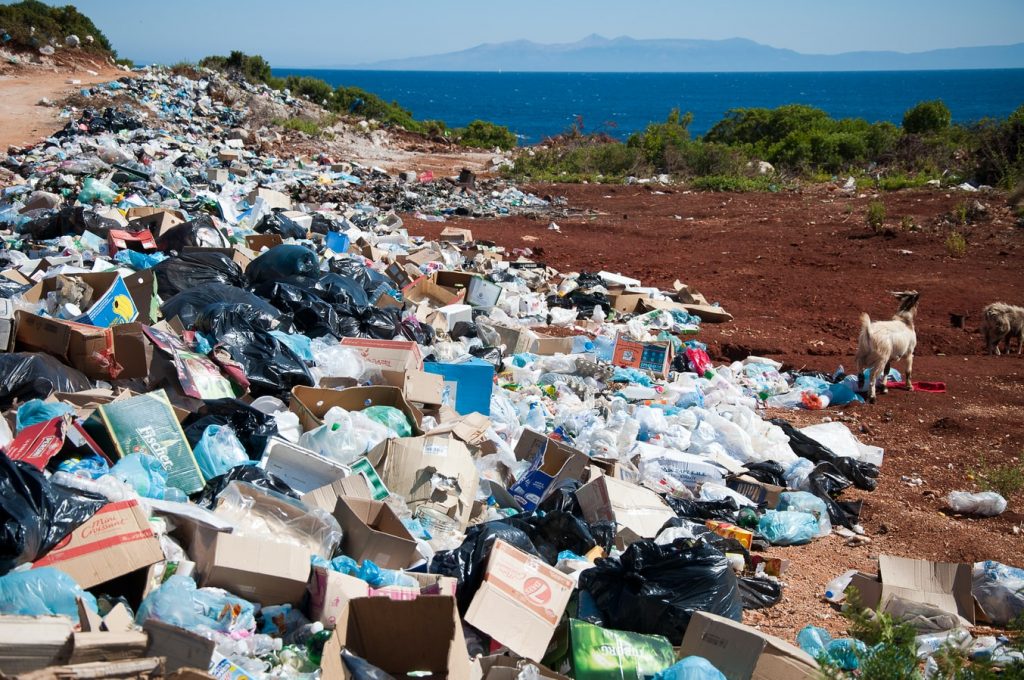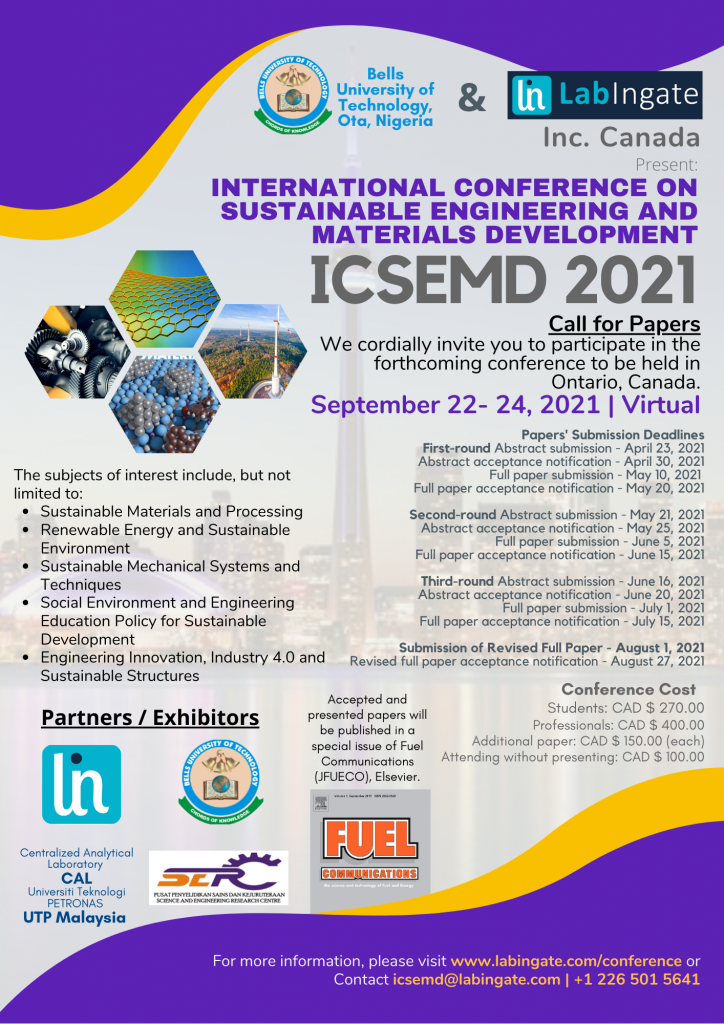The most important economical endowment bestowed to humanity for the continuity of life is our environment and the natural resources that are embedded therein, also known as “natural capital”. It is on the environment that human necessities including quality of air, food, water, shelter are dependent (directly/indirectly). Therefore, it is of utmost importance to continuously develop and improve on strategies for protecting the health and safety of the environment.

Over the past few decades, the rapid industrial developments aim at creating comfort for humans have resulted in the mismanagement of natural resources and the depletion of Mother Nature’s provisions for sustaining the ecosystem. These shortcomings have accumulated over the years. For instance, the enormous numbers of industries maintained by non-renewable energy resources have drained a larger percentage of the natural reserves (especially fossil fuels) without replacement. Consequentially, the release of green house gases such as water vapor, carbon dioxide, methane, nitrous oxide, ozone and some artificial chemicals such as chlorofluorocarbons (CFCs) has resulted in global warming, melting of polar ice caps etc. leading to overflow on the sea levels.

According to the statistical Review of World energy, 2020; fossil fuel is the most consumed energy sources globally accounting for 84% consumption amidst other energy sources such as nuclear energy, solar energy, hydroelectricity. At year-end 2019, the global emission reached 36.44 billion metric tons (Statista, 2021). This decline in the quality of the natural provisions for sustainability and safety i.e. the environmental degradation is threatening the human existence.
To respond to this challenge, several approaches have been introduced amongst which is sustainability. Sustainability aims at procuring methods for long term conservation of energy resources and discovering alternate replacements for the natural resources. According to the United Nations, the 2030 agenda for the Sustainability Development Goals (SDG) has six of seventeen goals in tandem with sustainability. The ninth goal (SDG 9) focuses on developing inclusive sustainable industrialization and innovation, while SDG 12 focuses on sustainable production and consumption which is core for environmental conservation. Moreover, scientists are conducting numerous researches for the development of ecofriendly and green technology such as the use of agrowaste products, alternate energy sources (e.g. solar and nuclear energy) and most especially the adoption of the 3-Rs (Reduce, Re-use, Recycle) initiative which requires a great deal of work if we are to achieve the targeted sustainability goals. Therefore, scientist, engineers, researchers and industrial professionals are stepping up to the plate to contribute to this green fruition.

The forthcoming International Conference on Sustainable Engineering and Materials Development (ICSEMD 2021) organized by LabIngate Inc. aims to bring together academics, researchers, professionals and experts from industries and institutions around the world, to discuss their innovative discoveries and exhibit their expertise and products relevant to Sustainable Engineering and Materials Development. As research is a critical factor in unraveling scientific discovery and economic prosperity, it is imperative that the synergy between researchers, academia, industry, and producers of research facilities are enhanced and consistent through platforms targeted towards advancing the course of research. With this write up, we are inviting you to collaborate and contribute to this course. We are looking forward to the prospect of your support as a participant in the conference.

Written by
Omolola Yusuf
Department of Microbiology
Obafemi Awolowo University
Nigeria



No responses yet